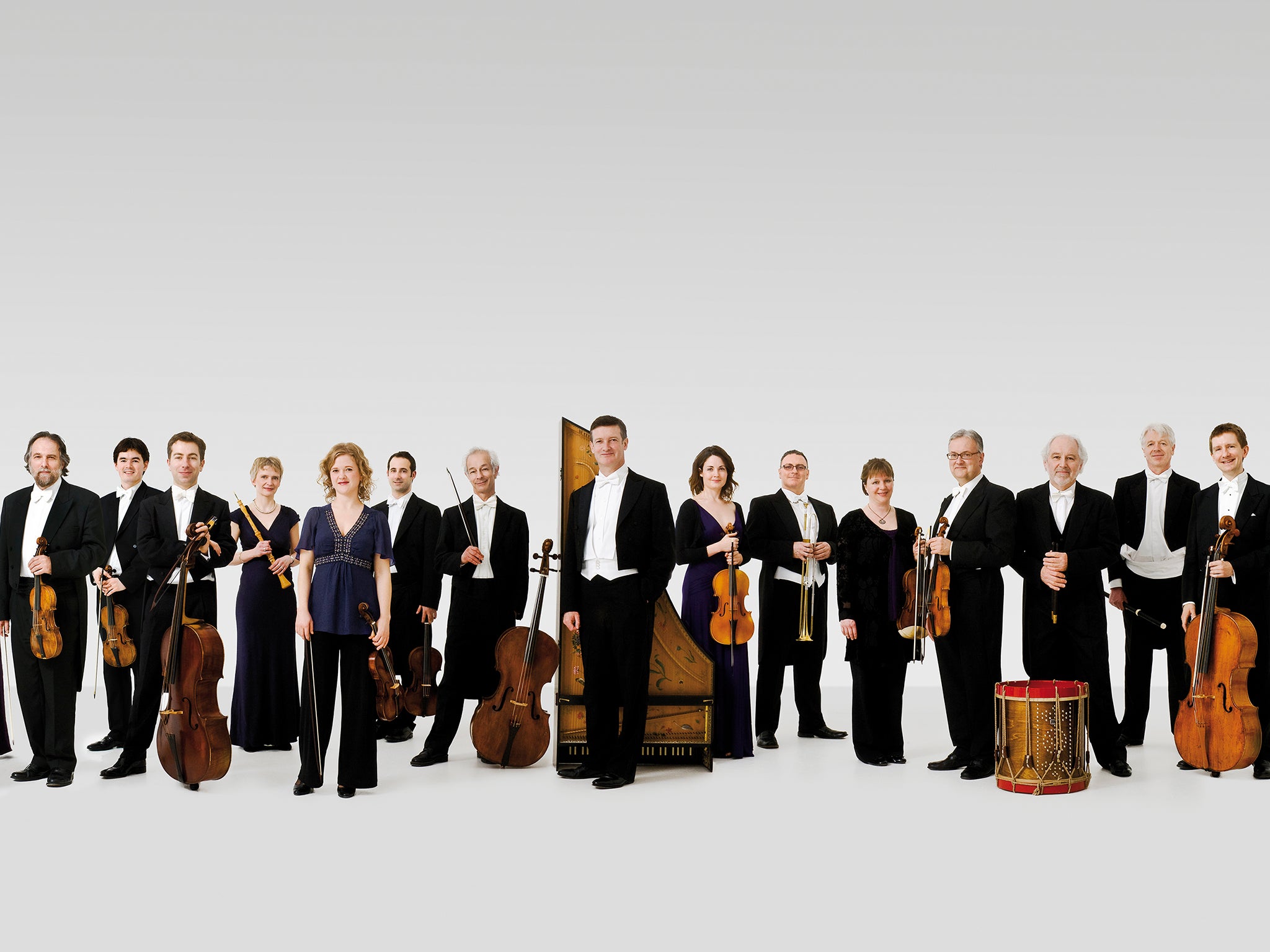Orlando, Barbican, classical review: Variegated beauty of the score is brilliantly brought out
Davies’ hero traverses a kaleidoscopic series of derangements, each with its own vividly-characterised musical colouring

Your support helps us to tell the story
From reproductive rights to climate change to Big Tech, The Independent is on the ground when the story is developing. Whether it's investigating the financials of Elon Musk's pro-Trump PAC or producing our latest documentary, 'The A Word', which shines a light on the American women fighting for reproductive rights, we know how important it is to parse out the facts from the messaging.
At such a critical moment in US history, we need reporters on the ground. Your donation allows us to keep sending journalists to speak to both sides of the story.
The Independent is trusted by Americans across the entire political spectrum. And unlike many other quality news outlets, we choose not to lock Americans out of our reporting and analysis with paywalls. We believe quality journalism should be available to everyone, paid for by those who can afford it.
Your support makes all the difference.One of the virtues of a concert performance of a Handel opera – as opposed to a staged one – is that the framework in which the voices are set can be displayed like a geometrical structure, and this is particularly true of The English Concert’s performance of Orlando now on tour. Kyle Ketelsen’s Zoroastro, as the rolling-bass voice of reason, confronts countertenor Iestyn Davies’ Orlando who glowers mutinously back at him, obsessed with love and incapable of the martial heroism which is his destiny. Soprano Erin Morley’s Angelica and mezzo Sasha Cooke’s Medora are in love, but in telling vocal contrast; soprano Carolyn Sampson’s Dorinda also loves Medora, but her naïve acceptance of disappointment becomes the story’s moral anchor.
Under Harry Bicket’s direction the variegated beauty of the score is brilliantly brought out: with its outstanding home-grown soloists, this period band is at the top of its form, while the procession of arias, duets, and trios yields one delight after another. In contrast to Morley’s delicately nuanced singing, Sampson produces moments of sly comedy, as well as vocal beauty to make time stand still; Cooke’s even sound has a thrillingly masculine edge. Davies’ hallucinating hero traverses a kaleidoscopic series of derangements, each with its own vividly-characterised musical colouring.
Join our commenting forum
Join thought-provoking conversations, follow other Independent readers and see their replies
Comments